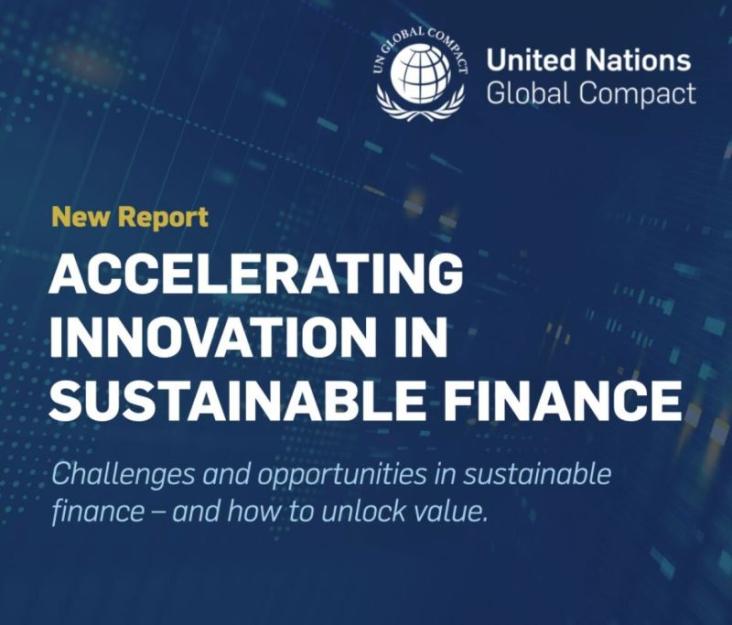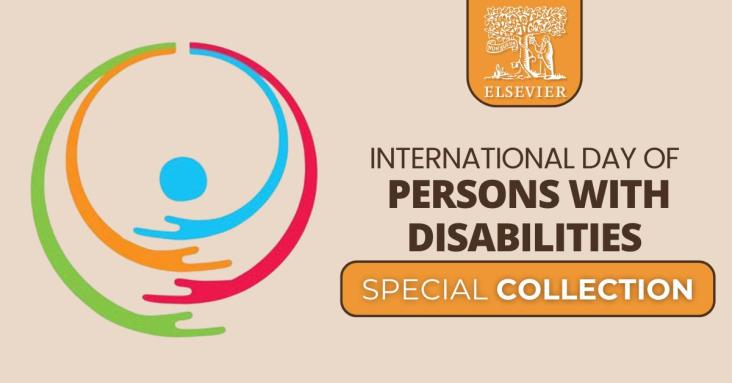Women as carriers of the ‘weaving legacy’: Shifting labour and changing gender relations in marriage
International Journal of Educational Research Open, Volume 7, December 2024
Menstrual equity refers to the access to safe environments in which to menstruate, including bathroom facilities and clean water, as well as access to menstrual products that allow for the ability to go to school, work, and engage in life with dignity. Menstruation is a physiologic process, not a reflection of maturity or self-worth.
The Sustainability Handbook, Volume 1: The Body of Knowledge around Substantial Sustainability Innovation, Volume , 1 January 2024

The UNGC's latest report on “Accelerating Innovation in Sustainable Finance” offers models for businesses on how to deliver financial returns and positive global impact – together.

The annual observance of the International Day of Disabled Persons was proclaimed in 1992, by the United Nations General Assembly resolution 47/3.
Genomics, Populations, and Society, Genomic and Precision Medicine in Clinical Practice, 2025, Pages 345-365
This content aligns with Goals 3, 10, and 17 by highlighting the importance of genome databases for personalized healthcare, precision diagnosis, and targeted prevention of genetic and inherited diseases; addressing the inequity in access to genome-based healthcare between developed and developing countries; and suggesting the need for international cooperation and guidance from organizations like the WHO to support developing countries in establishing centralized genome data repositories.
The commentary highlights challenges in sustainably scaling the Amazonian sociobioeconomy using a�ai and cacao as examples, warning against conventional growth approaches. It advocates for innovative scaling strategies focused on diversification, local empowerment, territorial management, and bottom-up governance.
The expansion of bioeconomy strategies focused on growth and technology in the Brazilian Amazon risks reinforcing colonial and exploitative patterns. To ensure environmental justice, development must shift toward community-centered, post-growth forest futures.

